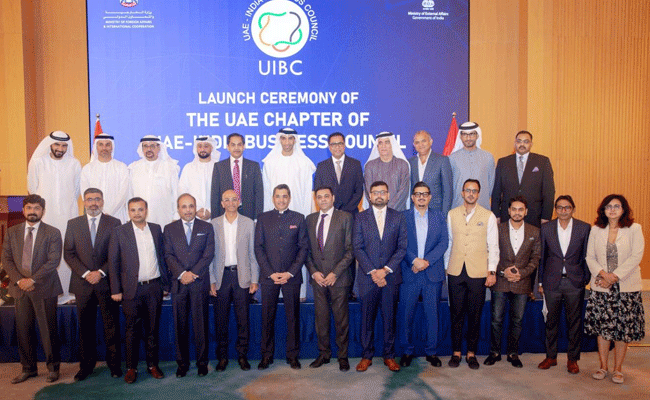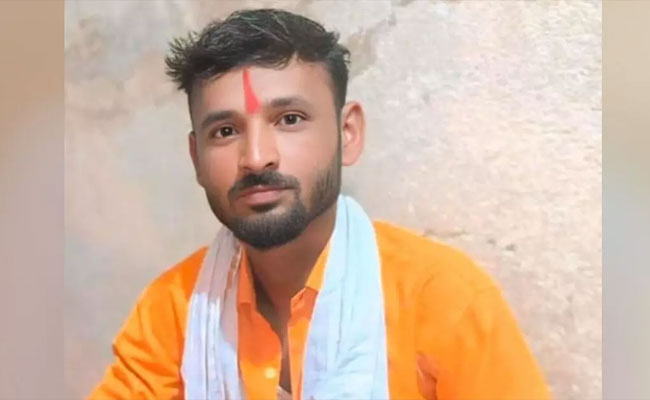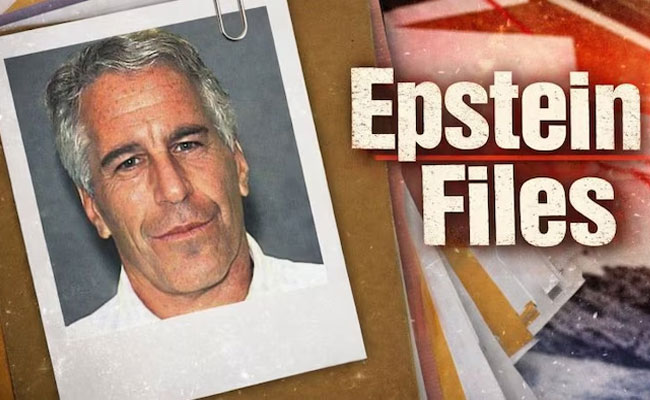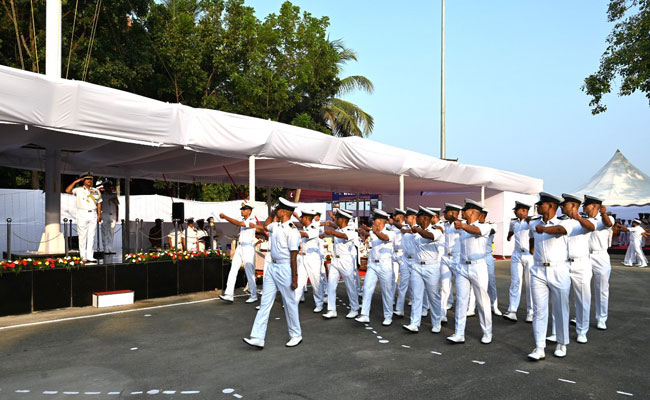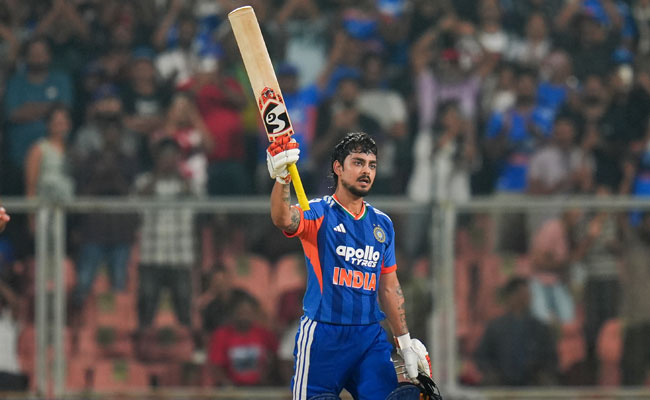Abu Dhabi (UAE): The UAE-Indian business council has been established on the first anniversary of the Comprehensive Economic Partnership Agreement (CEPA) deal signed by India and the United Arab Emirates. The formation of the council is aimed at increasing investment and bilateral trade between the two countries.
The UAE India Business Council - UAE Chapter (UIBC-UC) was launched in Dubai by Dr. Thani bin Ahmed Al Zeyoudi, UAE Minister of State for Foreign Trade, in the presence of Ambassador of India to the UAE Sunjay Sudhir, Consul General of India in Dubai Dr. Aman Puri and founding members of the UIBC-UC.
“This is a very significant thing,” said Sunjay Sudhir. “We want to bring together their experience of doing business in both countries so as to further lubricate the investment and business corridor between both countries. They will discuss ideas on how to further generate trade and investment opportunities.”
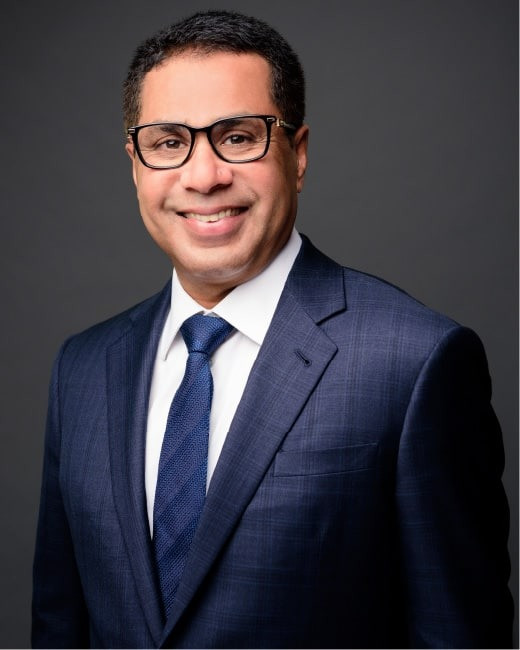
(Faizal Kottikollon)
Prominent NRI entrepreneur Faizal Kottikollon is the chairman of the newly launched council. Faizal Kottikollon said the main purpose of the council was to build trust.
“In the past, several UAE companies have taken some poor decisions while investing in India because they were not confident to invest large amount of money,” he said. “We will act as a channel partner and a bridge. The basis of any business is trust. When you develop trust, everything becomes easier.” He was quoted as saying by Khaleej Times.
With both countries growing rapidly, Faizal, who is the chairman of KEF Holdings, said this council was the need of the hour. “UAE has become the centre of the world after Covid,” he said. “India has got so much knowledge, but we need a lot of capital. UAE got a significant amount of capital. So, if you can marry these two things, it’s a powerhouse. What this council does is identifying projects in both the countries and bring investment through this channel.”
Faizal confirmed that there are several projects already in the pipeline. “We are very confident that there’ll be three large investments coming into India soon,” he said. “We will announce the details in due course of time, but I can assure you that it is indeed a very exciting time.”
The founding members of the UIBC-UC from the UAE side are Mubadala, Wizz Financial, DP World, Emaar, Emirates airline and Emirates NBD. From the Indian side, conglomerates such as Tata, Reliance, and Adani are represented, as well as tech innovators like OLA, Zerodha, Udaan, and EaseMyTrip, along with prominent Indian entrepreneur-led corporations based in the UAE such as KEF Holdings, Buimerc Corporation, Apparel Group, EFS and Lulu Financial.
Siddharth Balachandran, executive chairman and CEO of Buimerc Corporation Ltd said the UIBC-UC will further strengthen the growth of India-UAE relationship. “To channelise the various investments, we need channels like these,” he said. “It will add a layer of credibility and give investors a channel to verify investment opportunities.”
Rizwan Soomar, CEO & MD (India Subcontinent) at DP World, will serve as the Co-Chairman of UIBC-UC. Major General (Retd.) Sharafuddin Sharaf, who serves as the Chairman of the UIBC India Chapter, will also hold the position of Vice Chairman of UIBC-UC.
The council will have its office in Abu Dhabi and will be a pan-UAE body focusing on promoting trade and investment relations between the UAE and India. Membership to UIBC-UC will be by invitation only, and institutional members will be invited over time.
An India chapter of the business council was established in New Delhi in 2015 by Sheikh Abdullah bin Zayed Al Nahyan, UAE Minister for Foreign Affairs and International Cooperation, and the late Sushma Swaraj, who was then Minister of External Affairs of India, during the 11th Session of the India-UAE Joint Commission Meeting.
Let the Truth be known. If you read VB and like VB, please be a VB Supporter and Help us deliver the Truth to one and all.
Kalaburagi: A dispute over property turned deadly after a man killed his cousin brother using a knife in Kalaburagi’s Sedam taluk late on Friday night.
The deceased has been identified as Basavaraja Talawara (35), a resident of Hanganahalli village.
Basavaraja was involved in a dispute with his cousin, Ghulesh, over the division of family property for some time.
On Friday night, a clash broke out between the duo during which Ghulesh allegedly stabbed Basavaraja with a knife.Basavaraja died on the spot due to severe bleeding, while the accused Ghulesh is absconding, police said.
District Superintendent of Police Addur Srinivasalu, DySP Sangamanath Hiremath and CPI Mahadeva Diddimani visited the crime scene and conducted an investigation.
A complaint has been filed at the Malkheda police station in this regard.

